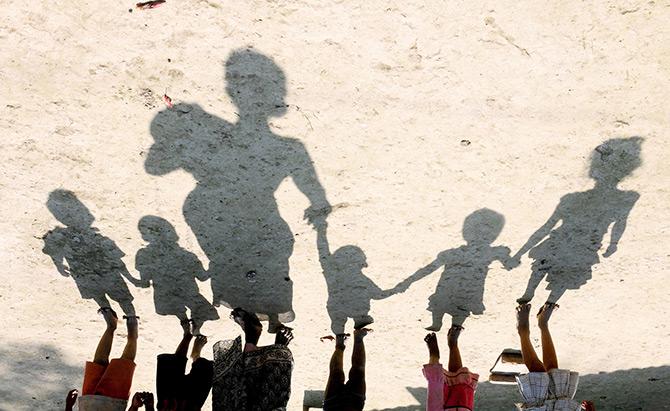
This brings the entire process to the implementation stage. Surely, the implementation of the Post-2015 Development Agenda will involve a diverse set of actors. Multistakeholder partnerships, which can pool knowledge, expertise, networks, technologies and financial resources to achieve innovative and sustainable solutions, are key to delivering on the Post-2015 Development Agenda. The agenda will be universal and apply to all nations as well as organizations: international, regional, national and local, meaning that all are expected to meet the goals and make adjustments. Yet, universality does not mean uniformity, and differentiation is the norm rather than the exception. The principle of common but differentiated responsibilities was quite a difficult notion to keep alive during the negotiation phase, but is the cornerstone of implementation as it takes into account the different contexts of each nation.
The way forward
The wheels of multilateralism were certainly put to work during the last three years in fashioning the Post-2015 Development Agenda. The international community’s resolve to figure out a plan to get to zero poverty was constantly tested, but in the end multilateralism worked and answered the challenges to its function and effectiveness.
While we can expect the late September summit in New York to adopt the Post-2015 Development Agenda, a pending matter in the negotiations is the development of the targets and indicators to support the follow-up and review of the new agenda. The targets and indicators to assess progress are still being deliberated by the Inter-Governmental Group and the UN Statistical Commission, but are expected to be completed by 2016.
With the agenda’s adoption, there will be no time to spare in taking action. After September, global efforts to get to zero poverty, by taking into account the three dimensions of sustainable development, will gain momentum and traction. At the end of the day, the successful implementation of the post-2015 agenda depends on all stakeholders working together in partnership and upholding their commitments. Governments, whether national or local, international organizations, the Bretton Woods Institutions, the private sector, civil society and philanthropists – all are part of this universal agenda and all have their own responsibility in getting poverty in all its dimensions, including extreme poverty, to zero.







 resized.png)
